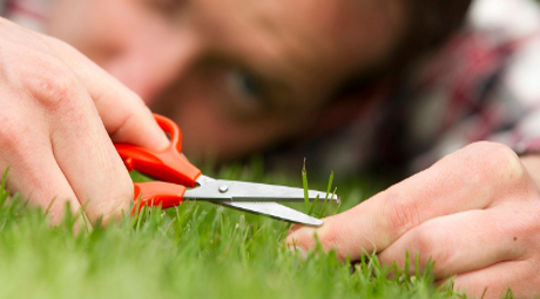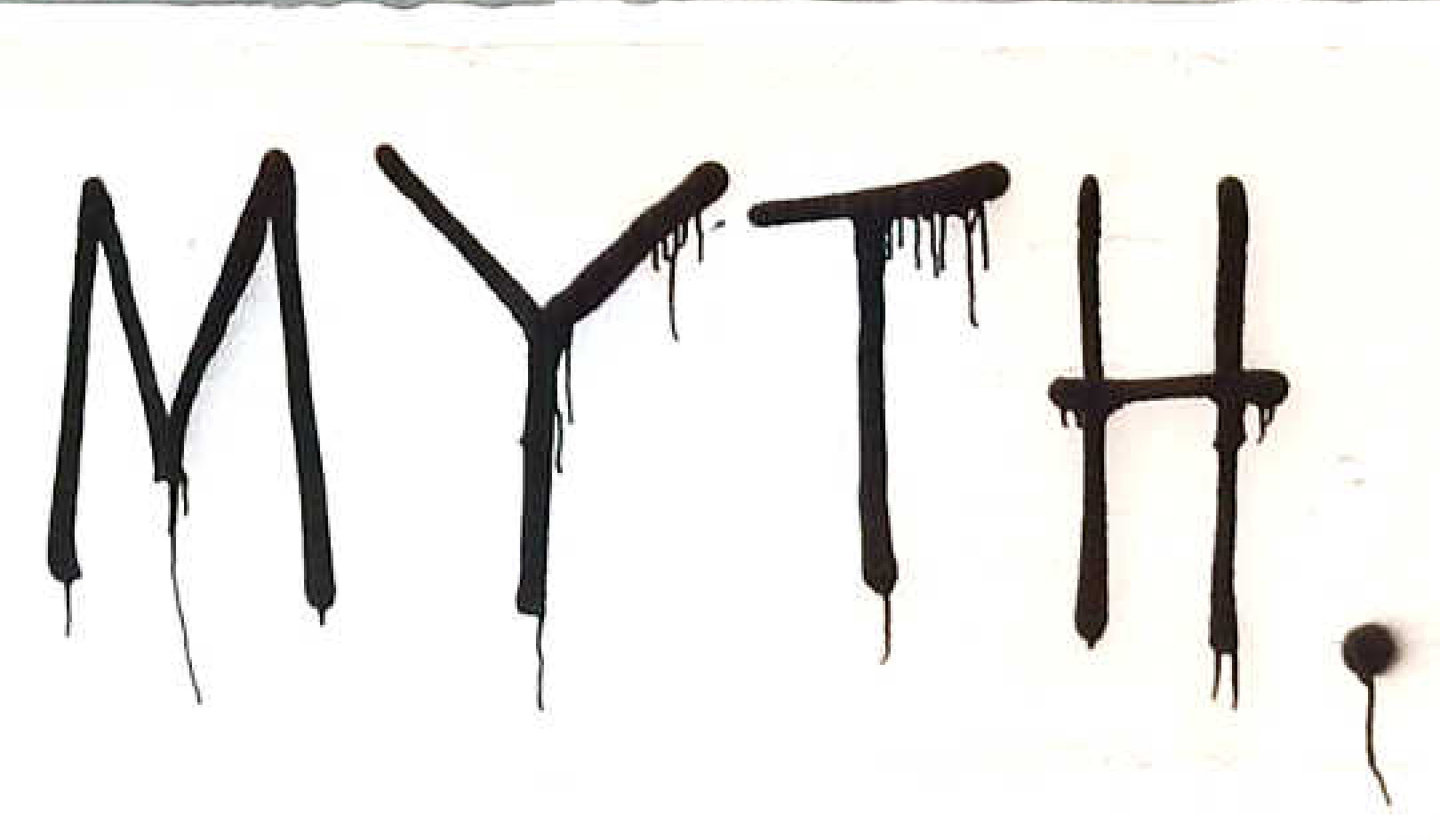
It’s a common lesson in the self-development world that people shouldn’t strive to be perfect. Yet many people still operate with an inner belief that if they try harder to be better — the best, perfect — then everything will be so much better in all areas of their lives. So many take a vow: “I have to be perfect and will be critical of myself until I am.”
The Vow of Perfection
This vow can be seen in two ways through the inner critic. When you look at a mistake from your past — for example, a “financial trauma” — the vow to be perfect means the mistake you made was and is unforgivable. You look back at the event with the belief that “I should have known better.” And you feel at fault, believing that you deserve “the punishment” or loss that you experienced.
The second aspect of this vow is how you may look back at an accomplishment from the past that went well, but still think, “I could have done it even better.” The vow of perfection means your inner critic only sees all the things you missed and all the ways you fell short of your inner standard of perfection. So from that point of view, you’ll always feel that you don’t quite deserve money, reward, and credibility — yet — because you’re not perfect yet.
Since there’s always room for improvement, you can always justify your self-criticism with logic. That makes it harder to clear out this vow. It may seem logical to try to do everything perfectly, but there’s a huge downside to having a vow to be perfect. When you live by that vow, you tell the universe:
“I’m not perfect yet, so I don’t deserve the rewards of what I’m doing until I get it right.”
Achieving Perfection Is Impossible
Since achieving perfection is impossible, vowing to be perfect means you’ll always strive but never arrive at a point that satisfies you enough to believe you deserve large financial rewards. In addition, every goal you set and every action you take toward that goal will have the added pressure that everything must be done perfectly. When you don’t achieve that, you’ll suffer the internal barrage of “I could have been better” and an endless review of each mistake.
Have you ever worked for someone or had a parent who could never be fully pleased because nothing was ever good enough, or measured up to his or her impossible standards? It’s a demoralizing environment that creates self-doubt and anxiety around taking action. Your inner vow of perfection will create the same fear and constant second-guessing that immobilizes many brilliant people from either getting started or finishing what they start.
I believe this vow keeps many people stuck, and prevents them from taking all kinds of action that would benefit their careers, including creating products, writing books, giving talks, and marketing themselves. Instead, they busy themselves with smaller tasks and actions that they can execute perfectly and talk about being “ready someday” to do more.
One of the most effective ways to detect if you have this vow is to do this exercise:
Exercise for the Negative Vow of Perfection
Think about the last thing that you accomplished. As you recall it, does your mind go to some version of “I just know I could have done better.” Or “I should’ve done more.” Or “Why didn’t I prepare more?” Do those kinds of thoughts have stronger power than thoughts of how well you did?
Having any of those kinds of thoughts is a classic telltale sign of a vow to be perfect. And when you’ve taken a vow to be perfect, you tend to be very, very ruthless with yourself. Your inner critic goes to town, looking for what it can find wrong. Even if you work hard and do something well, it still says, “No, you could’ve been better,” which again means, “You’re not perfect yet.” That leads you to believe, at least subconsciously, “I don’t actually deserve yet. I have to wait until I do better.” Or it may mean, “Hey, universe — I deserve exactly what I’m getting in these mediocre results, this mediocre pay, this mediocre credibility in my field, because I don’t deserve more yet.”
Arriving at that imagined moment when perfection is finally achieved is always elusive, so you’ll never actually claim that you’re good enough to get what you want. Try to recognize the downside of always needing to be perfect and the upside of letting it go. Choose to be awesome instead of having a vow that makes your inner critic run all the time.
©2013, 2014 by Margaret M. Lynch with Daylle Deanna Schwartz, M.S.
Reprinted with permission of the publisher, Jeremy P. Tarcher/Penguin,
a member of Penguin Group (USA). www.us.PenguinGroup.com.
Article Source
 Tapping Into Wealth: How Emotional Freedom Techniques (EFT) Can Help You Clear the Path to Making More Money
Tapping Into Wealth: How Emotional Freedom Techniques (EFT) Can Help You Clear the Path to Making More Money
by Margaret M. Lynch and Daylle Deanna Schwartz M.S.
Click here for more info and/or to order this book.
About the Authors
 Margaret M. Lynch is a success coach and a leading expert in Tapping. She helps people use Tapping to clear emotional blocks to success. Unlike many well-known mind/body practitioners, Margaret Lynch’s foundation is in business. She’s had eighteen-plus years of management and executive sales experience at Fortune 500 companies. Visit her website at http://margaretmlynch.com/
Margaret M. Lynch is a success coach and a leading expert in Tapping. She helps people use Tapping to clear emotional blocks to success. Unlike many well-known mind/body practitioners, Margaret Lynch’s foundation is in business. She’s had eighteen-plus years of management and executive sales experience at Fortune 500 companies. Visit her website at http://margaretmlynch.com/
 Daylle Deanna Schwartz is an author, speaker, self-empowerment counselor, and music business consultant. She writes "Lessons from a Recovering Doormat" for Beliefnet, as well as a column for The Huffington Post.
Daylle Deanna Schwartz is an author, speaker, self-empowerment counselor, and music business consultant. She writes "Lessons from a Recovering Doormat" for Beliefnet, as well as a column for The Huffington Post.


























